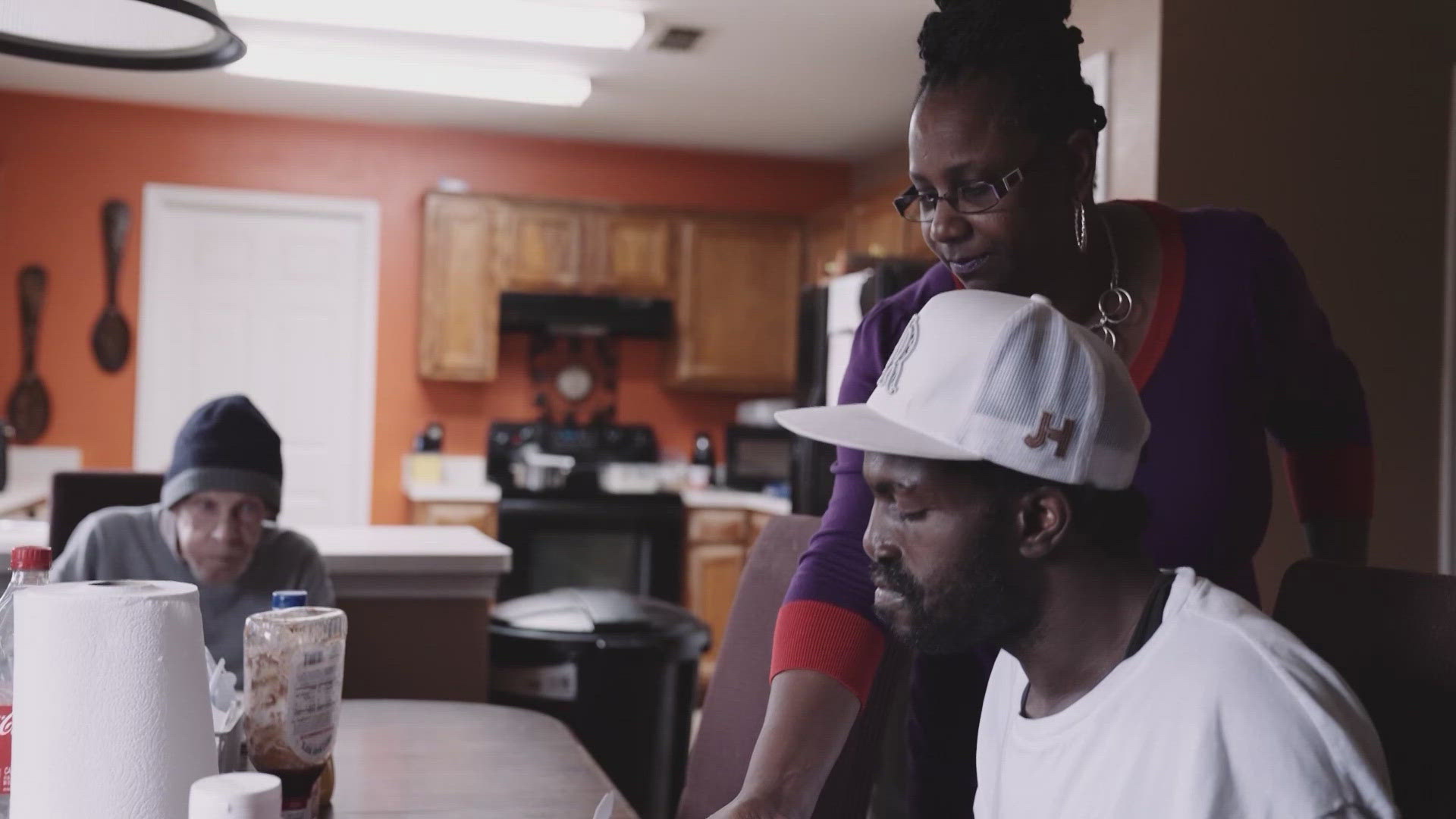NEWS 8 INVESTIGATES
It's a big game that means big bucks. At least that's the equation big league sports promote when their all-star games come to town.
But now the numbers are in for February's NBA All-Star Game at Cowboys Stadium in Arlington, and they say the big buck predictions were a foul.
The NBA's economic consultant said fans would spend $152 million. That's what the state comptroller's office signed off on.
But now, more tax receipts for the NBA game have been totaled, indicating the predicted economic impact was hugely inflated.
That raises new questions about the consultant who produced the study the same man who says next year's Super Bowl at Cowboys Stadium will deliver a $600 million boost to the region.
Michael Casinelli of San Diego owns Marketing Information Masters. He was paid by the All-Star North Texas Basketball Local Organizing Committee to prepare an economic impact study for the NBA event.
To see who wins, you check the score.
Based on the economic score, the dollars spent, let's look at the economic impact of this year's NBA All-Star Game:
It's not $152 million as predicted.
Tax receipts from the State of Texas show the game brought in zero.
The numbers are reflected in tax receipts from five North Texas cities which were predicted to post large hotel, restaurant and alcohol revenue increases as a result of the game.
But instead of that boost, year-to-year revenue comparisons with 2009 during the depth of the economic downturn show only small increases or decreases during February, the month of the game. The All-Star contest was early in the month, allowing businesses ample time to report their revenues.
Dallas had been predicted to reap the biggest bonus from the game. Marketing Information Masters forecast that fans would spend $22 million on hotels in Dallas for the February game. But state tax receipts show hotel revenue for Dallas was actually down $800,000 from the year before when the economy was worse.
The consultant said fans would spend $20 million on alcohol in Dallas alone. But tax receipts show people spent $1.2 million less for the whole month than they did a year earlier, when there was no All-Star game in the area.
Marketing Information Masters said visitors would spend money before the game on NBA-sponsored events whose revenues do not stay in North Texas.
The study also said fans would spend $20,571,952 on unidentified entertainment in Dallas, Arlington, Fort Worth, Irving and Grapevine. Since this entertainment spending is not identified, it is impossible to track whether it occurred.
Nearly as difficult to track are restaurant expenditures, because restaurant sales tax is not separated from other sales tax by the state. Marketing Information Masters also said NBA fans would spend millions at game-related events like the NBA Jam Session.
SMU economist Mike Davis is one of several experts nationwide who are skeptical of the impact projections attributed to big sporting events.
The methodology behind many of these studies, it's kind of a black box, Davis said. They do a survey or they find some numbers somewhere. They throw it into a model that maybe hasn't been designed for the thing they're looking at. And they get this huge economic impact.
Marketing Information Masters' Casinelli declined to be interviewed by News 8 on how he developed his numbers. But Casinelli also prepared an economic study for the 2006 NBA All-Star Game in Houston, which sheds some light on his methodology.
News 8 obtained the study under the Texas Public Information Act. It predicted a $49 million boost to the Houston economy from that game.
The report said the number came from the NBA's and host committee's hospitality budgets and various surveys of other visiting sports fans in other cities.
The report also cites a literature search on the Internet as a secondary source, using numbers presumably from news stories about earlier All-Star games in Washington, Philadelphia and Atlanta.
But news stories frequently quote economic impact estimates from the consultants themselves.
Why would a game in North Texas generate three times as much income $152 million as the one in Houston?
It's kind of a mystery to me; These numbers are so hard to pin down, Davis said. I don't want to say that he's just making them up, because I don't know.
But now there are more questions about the way sports economic impact studies are done and the consultants who do them.
Davis is one of several experts nationwide who are skeptical of the impact projections from sporting events. The methodology behind many of these studies is kind of a black box, he says. they do a survey or they find some numbers somewhere.The throw it into a model that hasn't been desinged for the thing they're looking at, and they get this huge economic impact.
This year's NBA All-Star Game did happen in Cowboys Stadium, with the biggest live audience in basketball history more than five times the fans than Houston's venue could hold.
But the big attendance did not appear to trigger a significant boost in alcohol sales. The consultant predicted visitors would spend more than $6 million in Arlington for the event. Instead they spent a little more than $7 million, and that's for the entire month of February.
So the economic impact of the NBA All-Star Game appears not to have happened.
But the State of Texas set aside $15 million in taxpayer money to get the whole party off the ground. About $2 million of that has already gone to cities for costs they incurred.
The state expects some of the remaining $13 million to go back to the NBA All-Star Organizing Committee for throwing such a successful party.
E-mail bharris@wfaa.com


